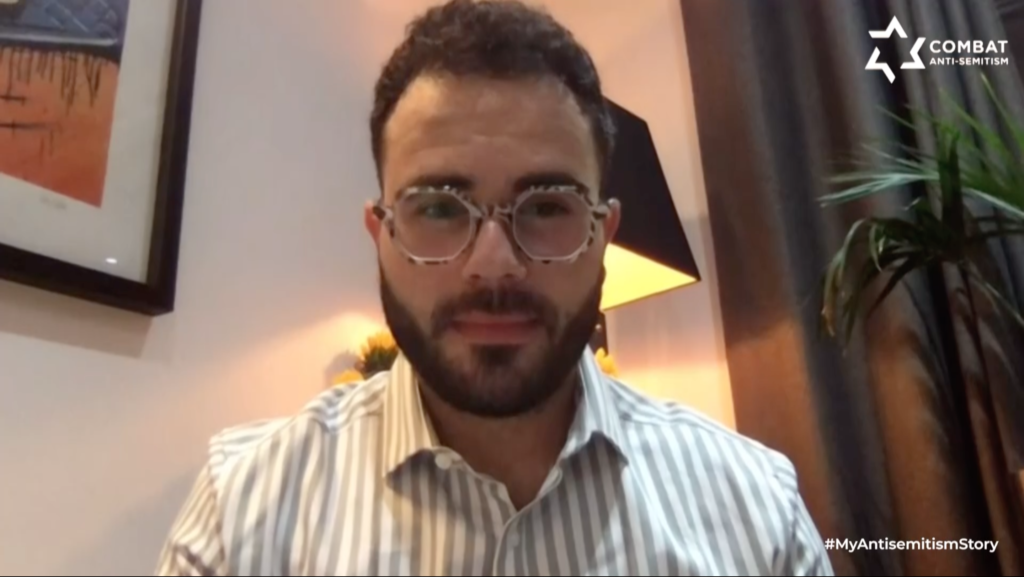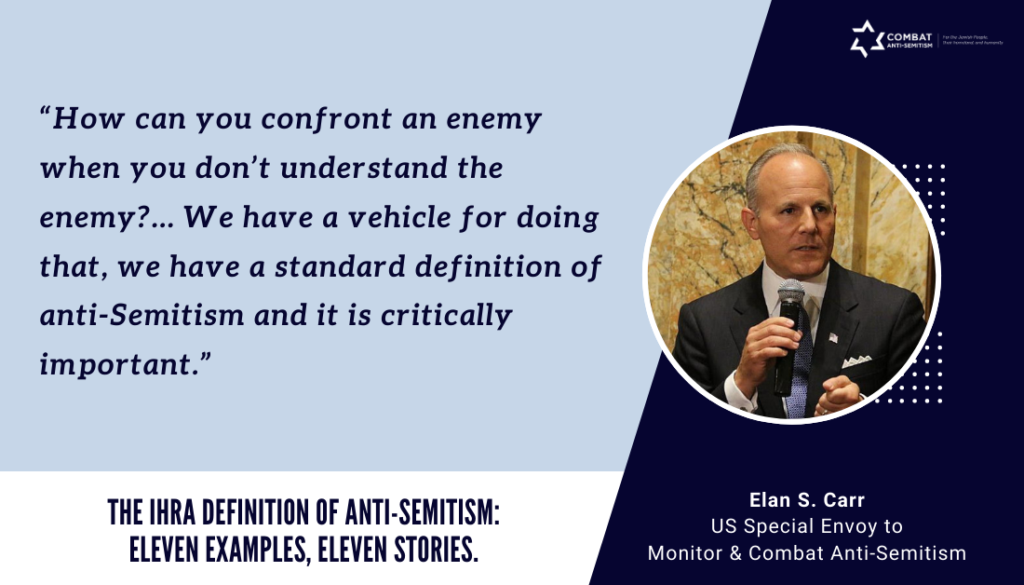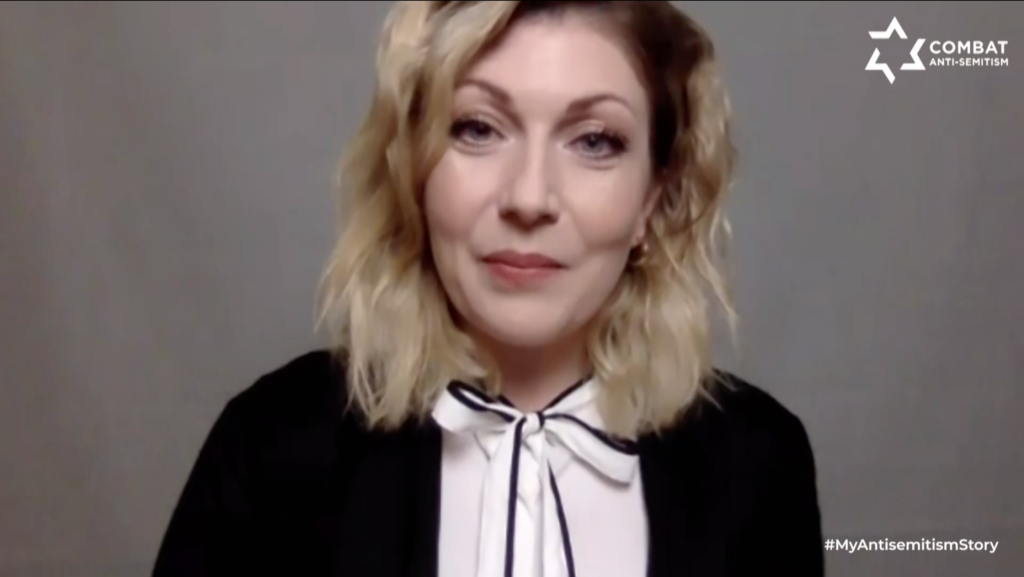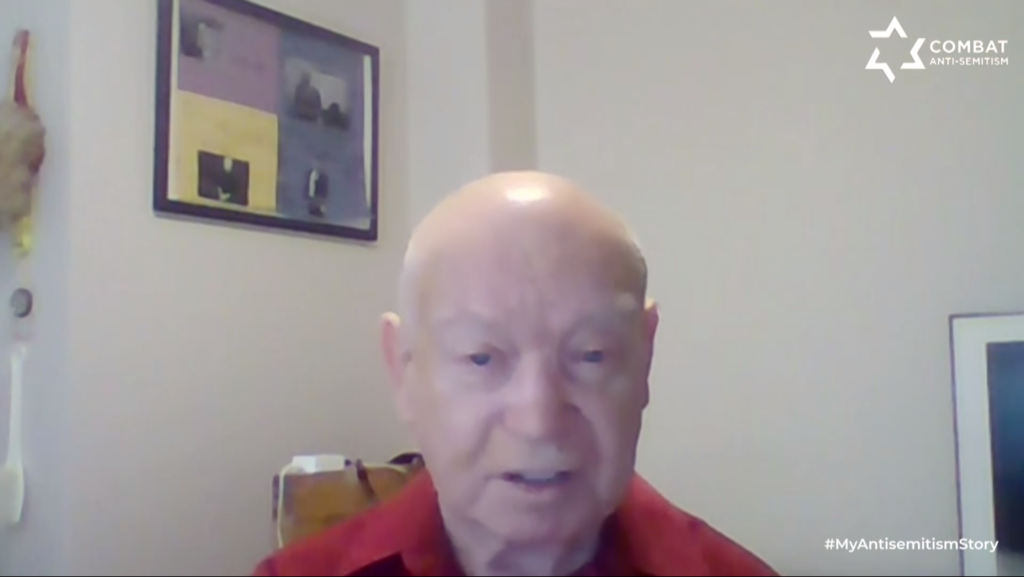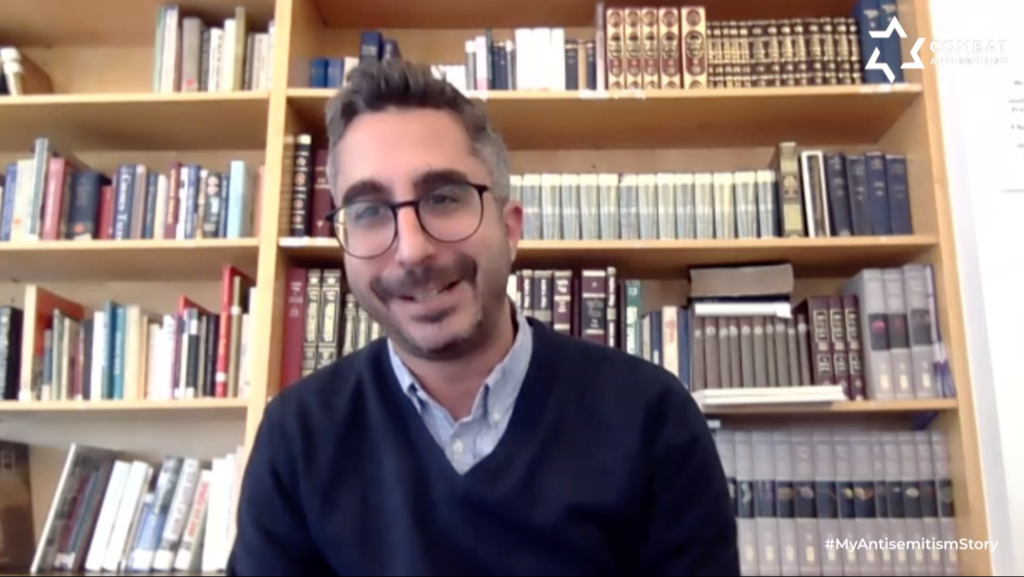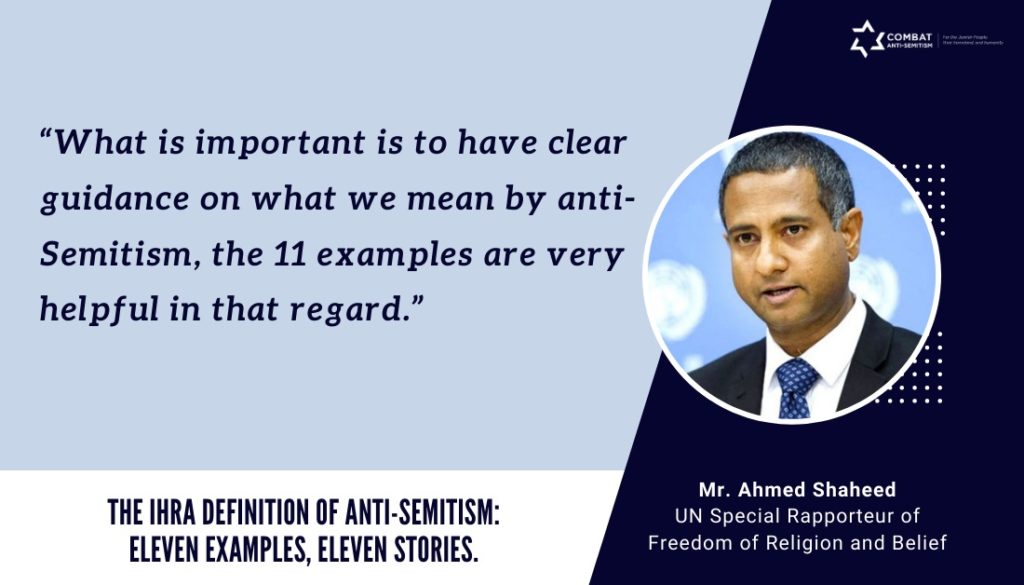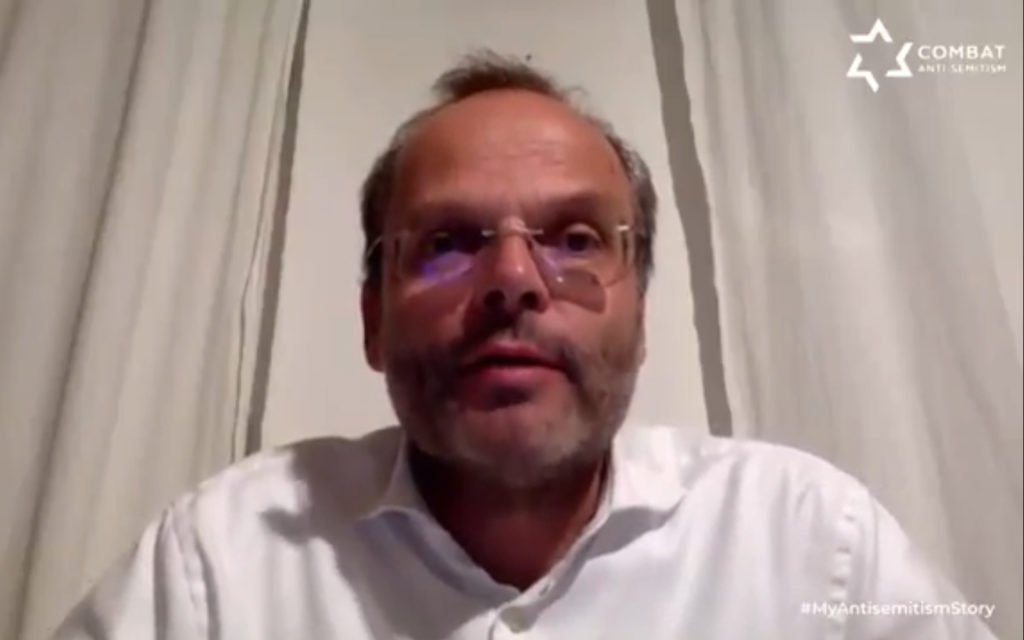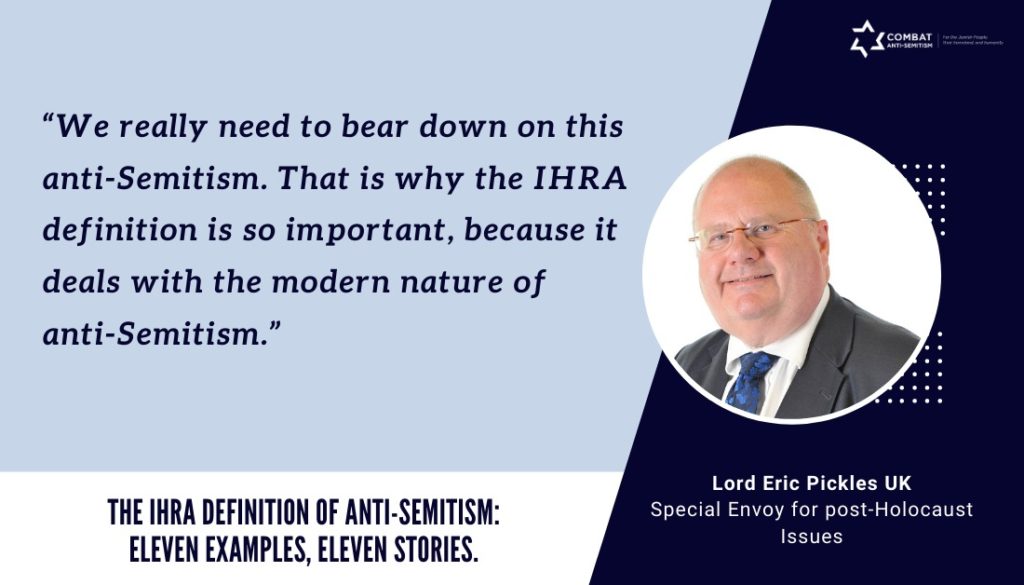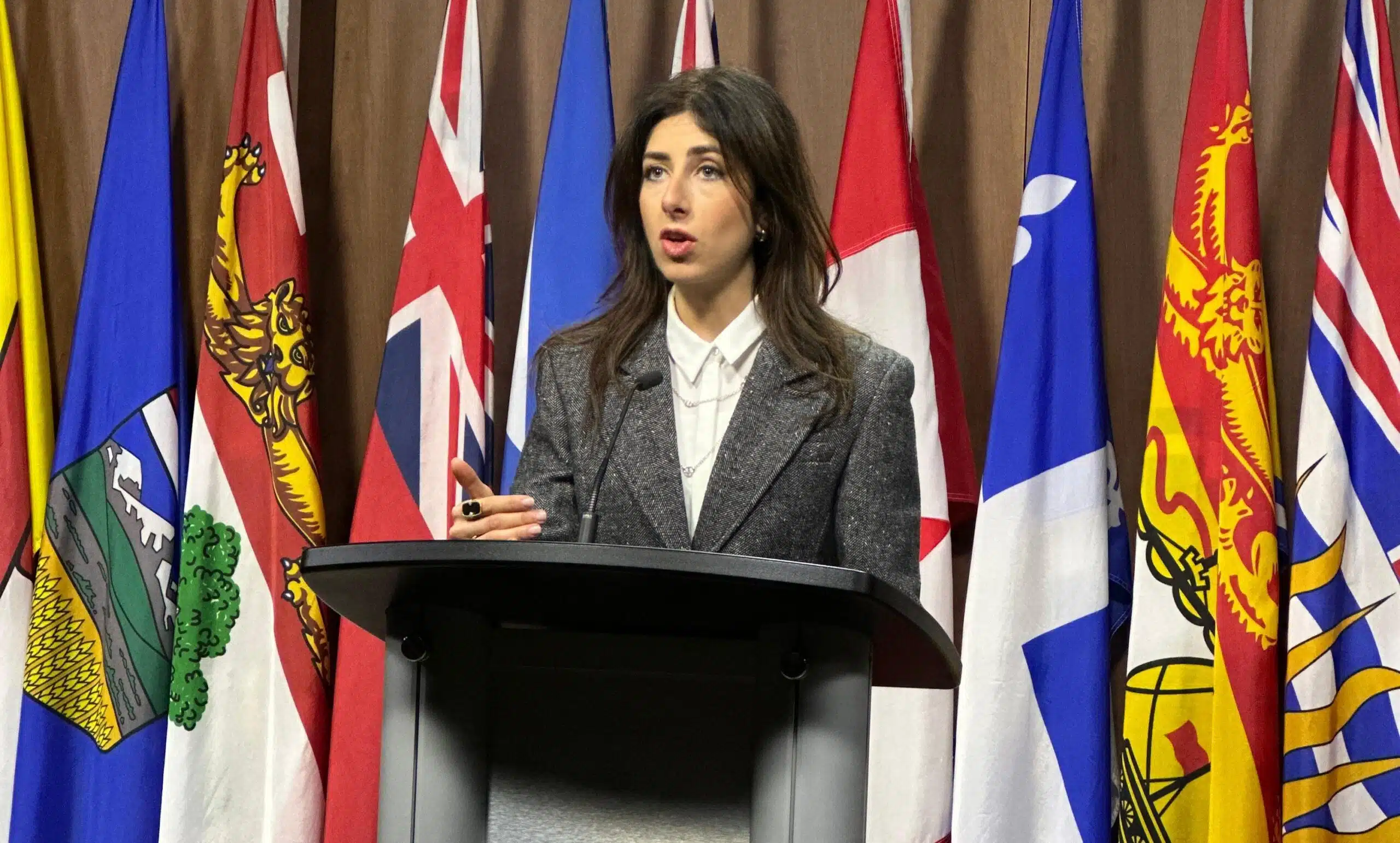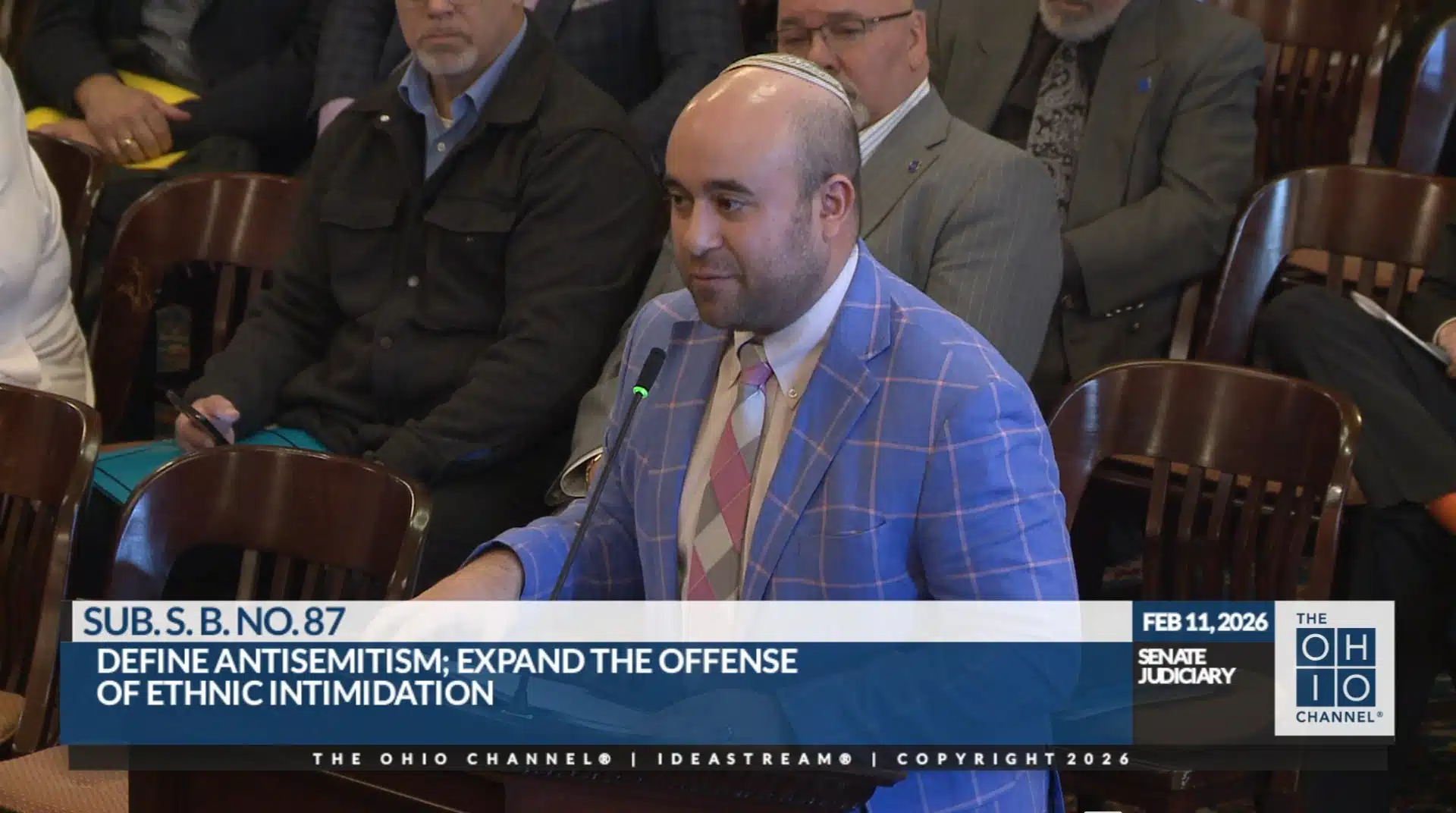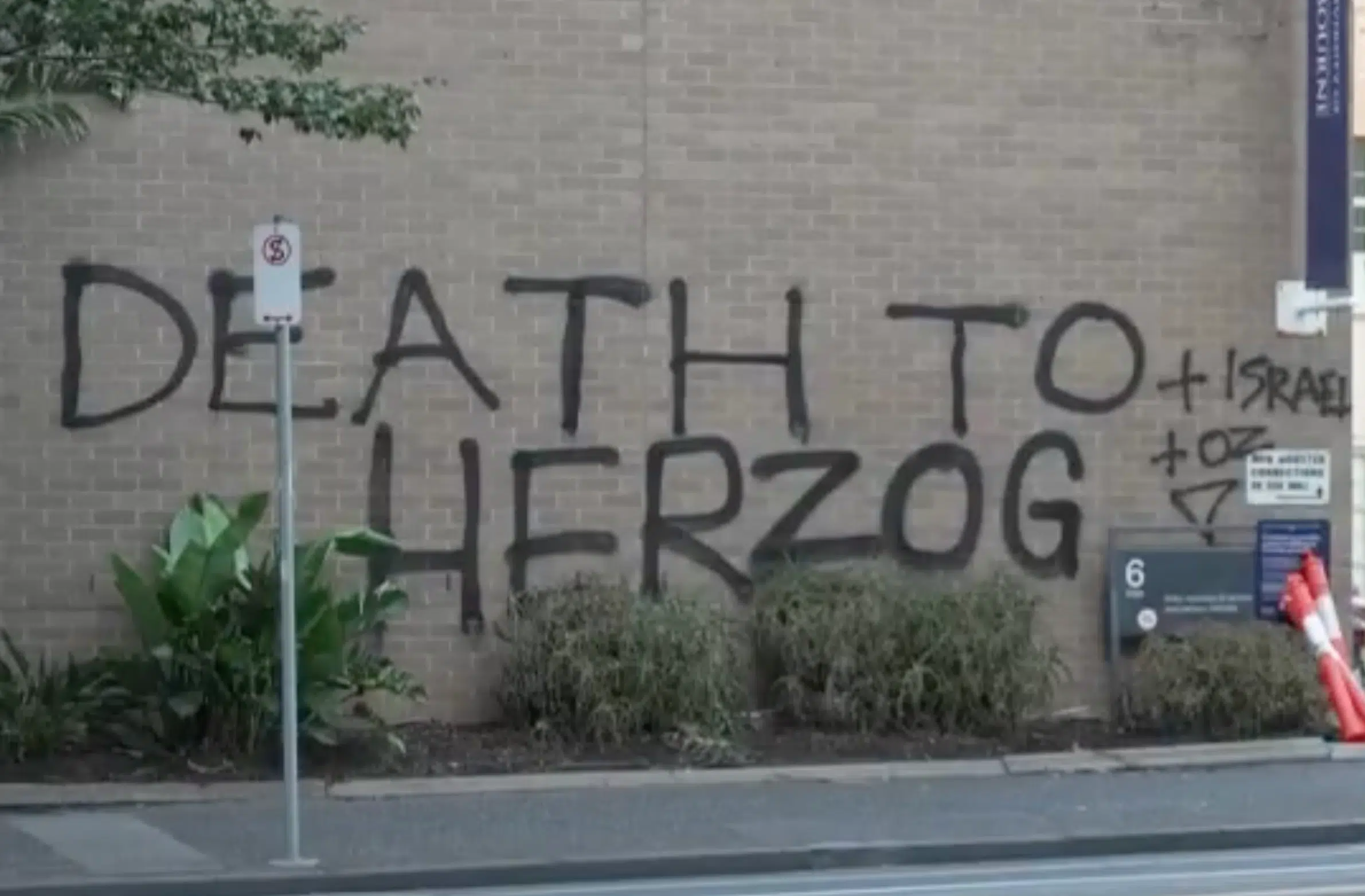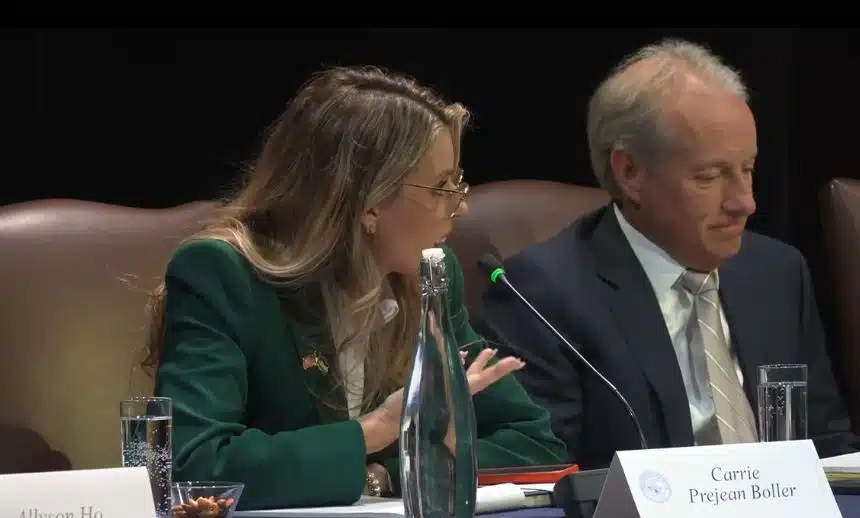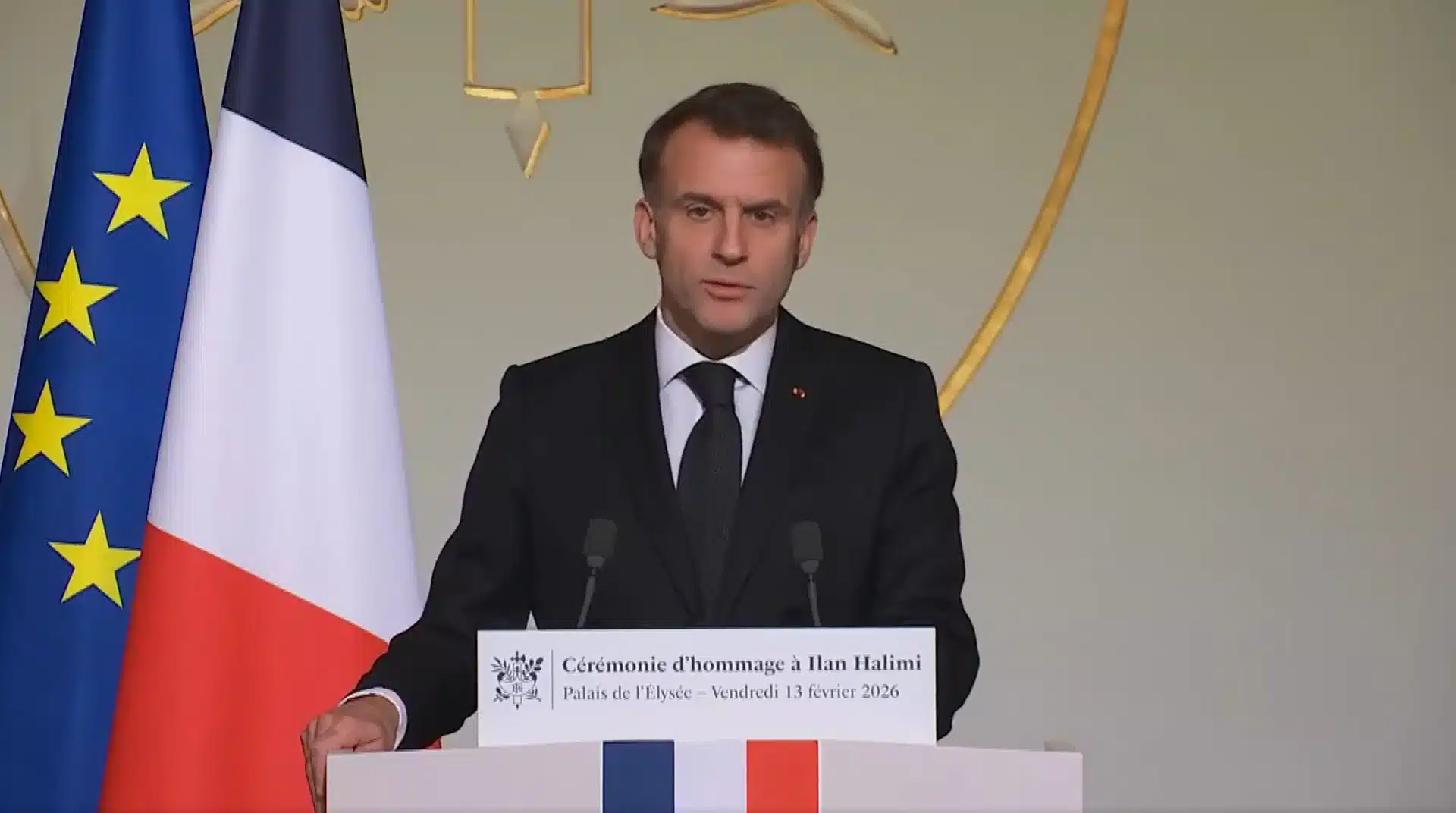

The IHRA Definition of Anti-Semitism: Eleven Examples, Eleven Stories
On Wednesday, September 16th, 2020, the Combat Anti-Semitism Movement hosted a unique international forum entitled, “The IHRA Definition of Anti-Semitism: Eleven Examples, Eleven Stories.” The event featured the world’s foremost diplomats tasked with combating anti-Semitism from the US, UN, the UK and Germany.
Together, these anti-Semitism experts called for greater adoption of the International Holocaust Remembrance Alliance (IHRA) definition of anti-Semitism, describing it as a critical tool to combat hatred against Jews. Alongside these diplomats, viewers heard first-hand accounts from eleven individuals who have experienced anti-Semitism, corresponding to the eleven examples of anti-Semitism under the IHRA definition.
The full recording of the event can be found below:
Against the backdrop of increasing anti-Semitism around the world from multiple ideological sources, the live studio event featured Ambassador Michaela Küchler (Chair of the International Holocaust Remembrance Alliance), Elan S. Carr (US Special Envoy for Monitoring and Combating Anti-Semitism), Dr. Felix Klein (Federal Commissioner for Jewish Life in Germany and the Fight Against Anti-Semitism), Lord Eric Pickles (United Kingdom Special Envoy for Post-Holocaust Issues) and Ahmed Shaheed (UN Special Rapporteur on Freedom of Religion or Belief).
The event was cosponsored by a powerful coalition of more than 40 international NGOs and was live streamed on Facebook, Twitter, and YouTube. Victims from across the world, who have been the target of anti-Semitism in a wide variety of settings, shared their personal experiences and the resulting impact on their lives, to illustrate the eleven unique examples of modern anti-Semitism under the IHRA definition.
Those who shared their first-hand experiences included Jonathan Morales, who tackled the gunman who killed a synagogue worshiper in Poway, California last year. “People are still shaken, hurt, and upset over the loss of life and the injuries sustained,” he said. Israeli writer, speaker, social media activist and advocate, Hen Mazzig, described how he faced loud cries on campus to destroy Israel, denying the Jewish People’s right to self-determination. Susan Libby relayed her experience in 1980s Chicago, where she was subject to accusations that Jewish doctors infected black babies with AIDS. Meanwhile, Laurel Grauer outlined how she was ejected from the ‘Dyke March’ in Chicago, for displaying a Jewish Pride flag.
Ambassador Michaela Küchler, Chair of the International Holocaust Remembrance Alliance warned, “Anti-Semitism has arrived in the mainstream of our societies…It affects us all and it requires each and every single one of us to combat it.” In particular, she encouraged social media platforms to adopt the IHRA definition, saying“In order to create broad public awareness, social media platforms both big and small, have to acknowledge their responsibility, just like traditional media. Especially now, we must ensure that the fight against anti-Semitism and the education efforts can weather the storm of the pandemic, so that our democratic societies can emerge from this challenging time intact.”
Elan Carr, US Special Envoy for Monitoring and Combating Anti-Semitism described the IHRA definition as “critical” and “foundational,” asking “How can you confront an enemy when you don’t understand the enemy?…We have a vehicle for doing that, we have a standard definition of anti-Semitism and it is critically important.” He also noted that “IHRA makes clear that hatred of the Jewish State is hatred of the Jewish People,” and added “It’s important that it’s not just governments that adopt it…Civil society needs to adopt it, internet and social media platforms should be adopting it, universities should be adopting it.”
The diplomat speakers addressed many of the examples under the IHRA definition in the context of the victims’ personal stories. Throughout the event, these impacted Jewish individuals demonstrated the crucial need to agree upon and work from a universal definition to tackle anti-Semitism.
Saskia Pantell, founder of the Sweden Israel Alliance, described her experiences with anti-Zionism in her hometown of Borlänge, Sweden: “I took my camera to the town square where we saw the masses handing out flyers with swastikas over the flag of Israel & a comparison of Israel & Netanyahu with the Nazis.”
Sami Steigmann, a Holocaust survivor and educator, discussed how neo-Nazis in New Jersey mocked claims that he was the subject of medical experiments in a concentration camp: “Neo-Nazis took an article where I appeared but changed the headline and wrote this ‘Jew Holo-hoaxer claims he was subjected to medical experiments he can’t remember that still cause him pain.’”
Rob Nagus, Senior Director at Hillel of University of Toronto, spoke about being the target of a BDS campaign to not allow Hillel to sponsor a kosher food drive:“They suggested that we take Hillel’s name off of the Kosher Forward campaign because of the Union’s feelings about Israel. That was incredibly problematic…they were boycotting the entire Jewish community.”
Ahmed Shaheed, UN Special Rapporteur on Freedom of Religion or Belief noted that “Anti-Semitism is increasingly exponentially as we speak,” explaining “What is important is to have clear guidance on what we mean by anti-Semitism, the 11 examples are very helpful in that regard.” He expressed particular concern over online anti-Semitism, saying “With the online dimension, we have seen young people around the world embrace Holocaust denial. There are algorithms that will guide you to Holocaust denial pages on some social media platforms.” He added, “We should all recognize that this is not a problem for Jews alone, it is a human rights problem that we must all tackle and the UN must take the lead as a global leader for everybody.”
Dr. Felix Klein, Federal Commissioner for Jewish Life in Germany and the Fight Against Anti-Semitism said that “the IHRA definition is an essential tool in the fight” against online anti-Semitism. He outlined the recent legislation in Germany that targets online hate, explaining “The IHRA definition helps in the diagnosis, it helps police forces to identify anti-Semitism…and it helps those who work for these [internet] platforms.”
Lord Eric Pickles, the United Kingdom’s Special Envoy for Post-Holocaust Issues said it was “a matter of pride” that the UK was the first country to adopt the IHRA defitinion. He explained, “We know from surveys that maybe 30 per cent of the [UK] population…believe some of the tropes about Jews controlling the press or about Jews having a lot of money.” He added, “We really need to bear down on this anti-Semitism. That is why the IHRA definition is so important, because it deals with the modern nature of anti-Semitism.”
At the conclusion of the event, Frankfurt Mayor Uwe Becker, who also serves as the Hessian State Government for Jewish Life and the Fight Against Anti-Semitism, also joined the event and announced that in early November, CAM will host an international mayor’s conference on anti-Semitism. The conference will would allow municipal leaders to share best practices and collaborate on stunting the growth of anti-Semitism globally, while starting a conversation about the IHRA definition of anti-Semitism among local leaders from around the world.
Anti-Semitism can only be defeated by working together and having a widely agreed upon definition of the threat. Through this international forum, leaders and activists offered hope to viewers and took the important step of being part of the solution by advocating for the widespread adoption of the IHRA definition.
The 90-minute long event can be viewed in full on YouTube.

